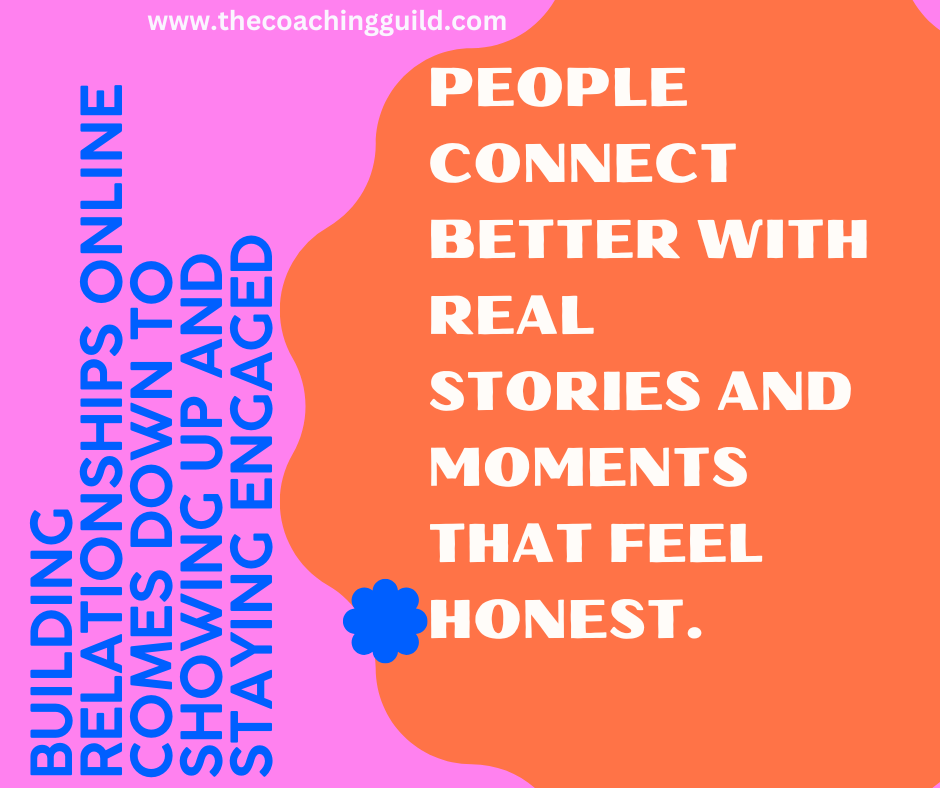Unregulated
We should chat about the one subject no one in the coaching space wants to discuss - the uncharted and unregulated territory of the coaching industry.
Let's face it: coaches love to talk about coaching, but the issue of regulation, or lack thereof, rarely gets discussed, even behind the curtains, other than whispers of dread.
The real truth is that many coaches prefer to avoid talking about it because they fear their training or lack of training wouldn't meet muster for state credentialing or regulatory oversight.
It's like navigating through the Wild West, but instead of cowboy hats and saloons, we're dealing with a complete lack of legal accountability or standards for practice. While this freedom is part of what makes coaching so appealing, it also poses some risks, especially for clients who may need to be made aware of the lack of supervision - and most clients are not aware because, as an industry, we intentionally hide that reality from public view.
The lack of regulation is not all bad - for coaches. It offers freedom and flexibility you can't find in many other professions. I benefit from that lack of regulation because I work from Mexico, with clients primarily in the States but also from around the world - I can do that without licensing concerns that would constrain my ability to have location independence if I were a therapist or almost any other helping professional.
But let's be honest here - this lack of regulation creates a potentially dangerous environment for clients who might make reasonable but incorrect assumptions about the required levels of training for a coach they hire - and when you pull back the slick marketing, clients get hurt by unqualified coaches, or coaches who practice beyond the scope of their training every day.
We've got some real problems:
- Quality Control: Without regulation, there's no guarantee that the person calling themselves a coach knows what they're doing. They could be spouting off advice that's not based on any evidence or research, leading their clients down a path that's not only unhelpful but potentially harmful.
- Ethical Standards: Who's holding coaches accountable for their actions? With no regulatory or licensing body overseeing their work, coaches could engage in unethical behavior without consequences. This could range from infractions like boundary violations and confidentiality breaches to more severe issues like exploitation or abuse. On a near-weekly basis, I see examples of each happening in our industry in plain sight.
- Professional Development: Without regulation, there's no requirement for coaches to engage in ongoing professional development. This means they could be using outdated techniques or relying on their own personal experiences rather than evidence-based or science-based practices. Coaches use techniques taught to them by guru trainers without considering the safety or efficacy of the modalities. Many coaches coach from life experience alone, and while life experience is incredibly valuable, it is not enough in many cases.
The coaching industry's lack of regulation isn't just a minor detail; it's a glaring gap that often leads to raised eyebrows and skeptical glances, in a world where credibility matters, the absence of oversight can be a significant hurdle for both coaches and clients alike.
Without clear standards or accountability measures, the coaching profession can easily become the butt of jokes, undermining the legitimacy of those who are genuinely committed to making a difference. This lack of credibility isn't just a theoretical concern; it has real-world implications for both coaches and clients.
At The Coaching Guild, we recognize the gravity of this situation, and we're dedicated to addressing it head-on.
Our approach is twofold: first, we provide university-level training that exceeds industry standards, ensuring that our coaches are equipped with the knowledge, skills, and ethical framework needed to serve their clients effectively.
Second, we uphold strict program accountability measures to maintain the highest standards of excellence in our training. By raising the bar for coach education and program integrity, we're not just improving the coaching profession; we're setting a new standard of excellence that benefits both coaches and clients.
By investing in their education and professional development, coaches can enhance their credibility and attract clients who value quality and expertise. Additionally, our emphasis on ongoing support and mentorship ensures that coaches have the resources they need to succeed long after they've completed their training.
The Coaching Guild is leading the charge for change in a world where the coaching industry is often seen as a punchline. By raising the bar for professionalism, integrity, and excellence, we're not just transforming the coaching profession but reshaping the narrative and redefining what it means to be a coach.
The Coaching Guild is a training coach training program specifically designed to nurture dreamers, artists, creatives, outsiders, rebels, and good troublemakers. It is a multi-instructor, multi-disciplinary approach to training that prioritizes learning innovative foundational coaching skills and marketing training.
Hit me up for a no-pressure, no BS, no trip, and fall into a sales funnel conversation. Let's talk about what's possible for you as a coach.


